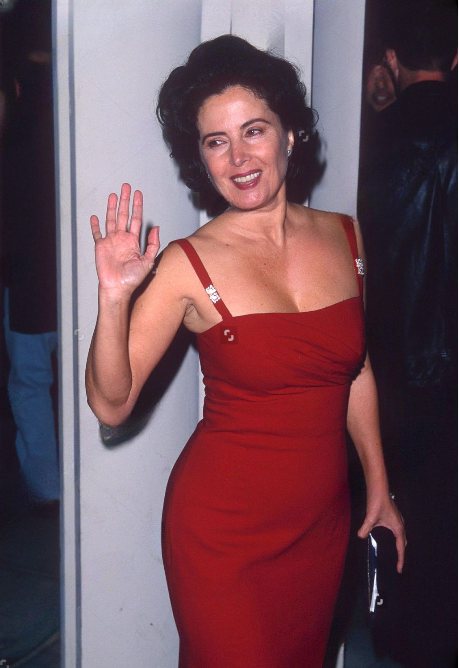More Than Just a Pretty Face on Screen
Some stars burn bright and fade fast. Others—like Barbara Parkins—leave behind a glow that never truly dims. Sure, she had that classic Hollywood beauty. The flawless hair. The striking cheekbones. But it wasn’t just her looks that drew people in. Barbara had something deeper—an intensity that lingered in her eyes and a quiet mystery that made audiences lean in just a little closer.
She wasn’t just a face you admired. She was a presence you felt.
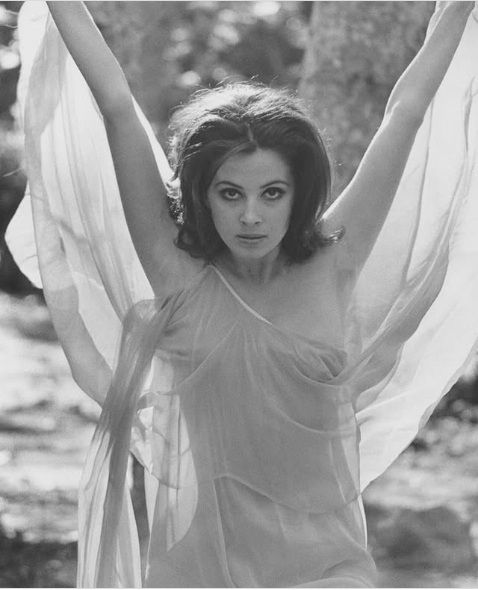
From Small Beginnings to Stardom
Born in Canada and raised in California, Barbara Parkins didn’t come from a showbiz dynasty. She carved her own way through sheer grit and undeniable talent. After studying acting at the Pasadena Playhouse and working as a dancer and model, she found her big break in the most iconic way possible—TV.
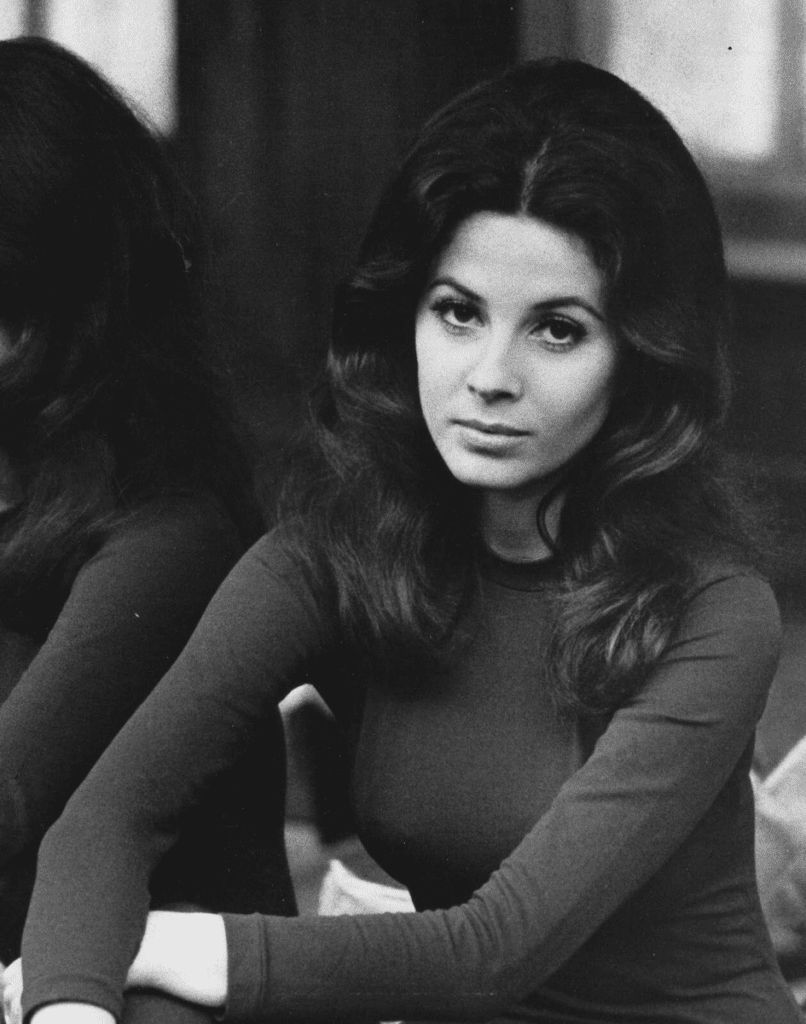
Her early roles came in popular series like Burke’s Law and Perry Mason, but everything changed when she landed the role of Betty Anderson in Peyton Place. That’s when Barbara’s name became a household one—and her image, a symbol of sophisticated glamor.
Video: 13 S*xy Photos of Barbara Parkins
Peyton Place: The Role That Changed Everything
Let’s talk about Peyton Place for a second. It wasn’t just a hit—it was a cultural moment. And Barbara Parkins was at the heart of it.
As Betty Anderson, Barbara played a character with layers. She wasn’t a one-note sweetheart or a femme fatale. She was complicated. Driven. A little lost. And Parkins made every single nuance of that role come alive. She brought emotion to the surface without ever overplaying it—a quiet storm in a world of melodrama.
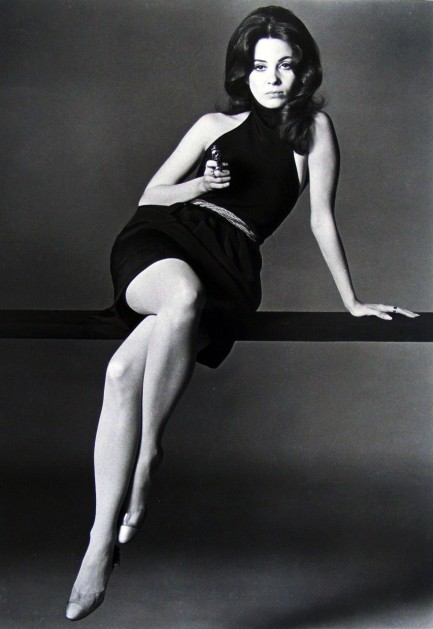
That subtlety earned her an Emmy nomination and a devoted fan base. But more than that, it proved that Barbara wasn’t just playing characters—she was living them.
Valley of the Dolls: A Defining Moment in Film History
If Peyton Place made Barbara a TV star, Valley of the Dolls (1967) made her unforgettable.
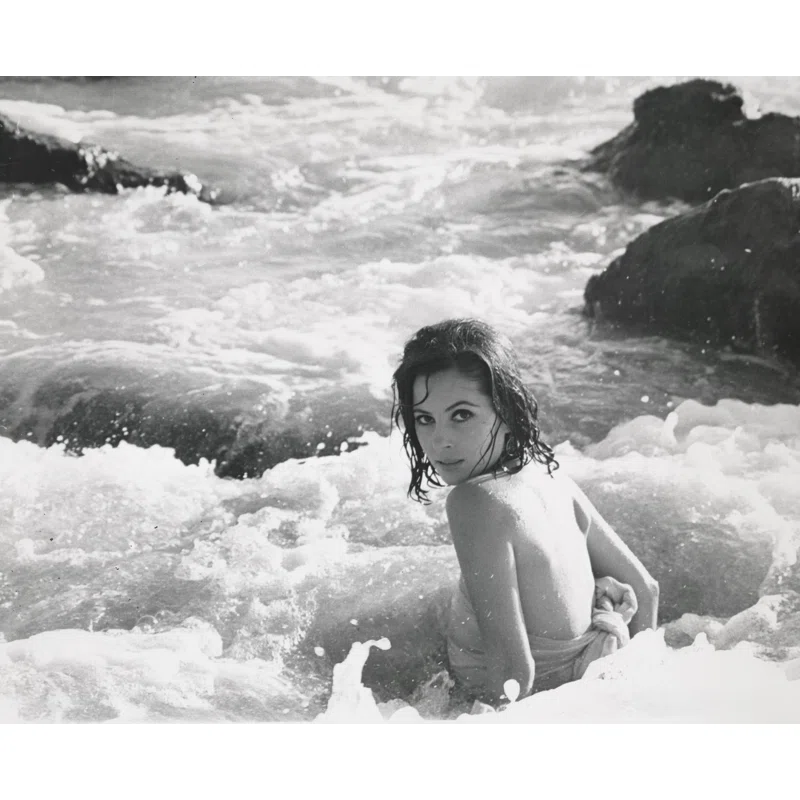
Starring alongside Sharon Tate and Patty Duke, Barbara portrayed Anne Welles—the poised, elegant woman trying to stay grounded in the chaos of fame, addiction, and ambition. The film may have had its critics, but Barbara’s performance stood out. She gave Anne a soul. You felt her conflict. Her longing. Her heartbreak.
And let’s be honest, that film became a cult classic for a reason. It was raw, bold, and way ahead of its time. Just like Barbara herself.
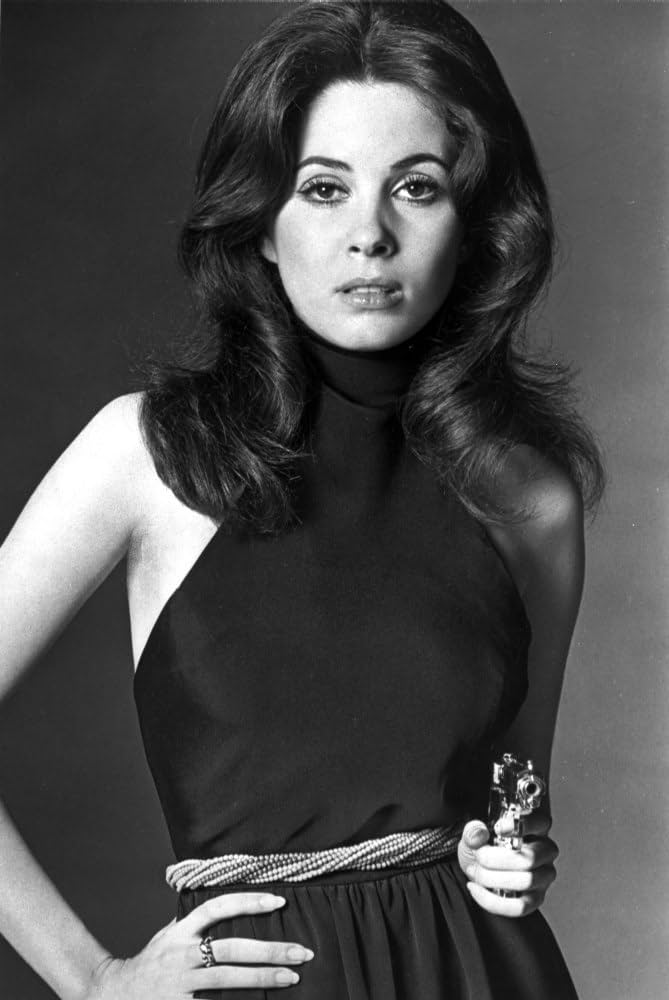
What Set Her Apart in an Industry of Imitations
So what made Barbara Parkins different?
Simple. She had depth.
Where others leaned on glamor, Barbara leaned into emotion. She wasn’t afraid to be vulnerable. To be silent. To let the camera sit on her face for just a beat longer. And somehow, that stillness spoke volumes.
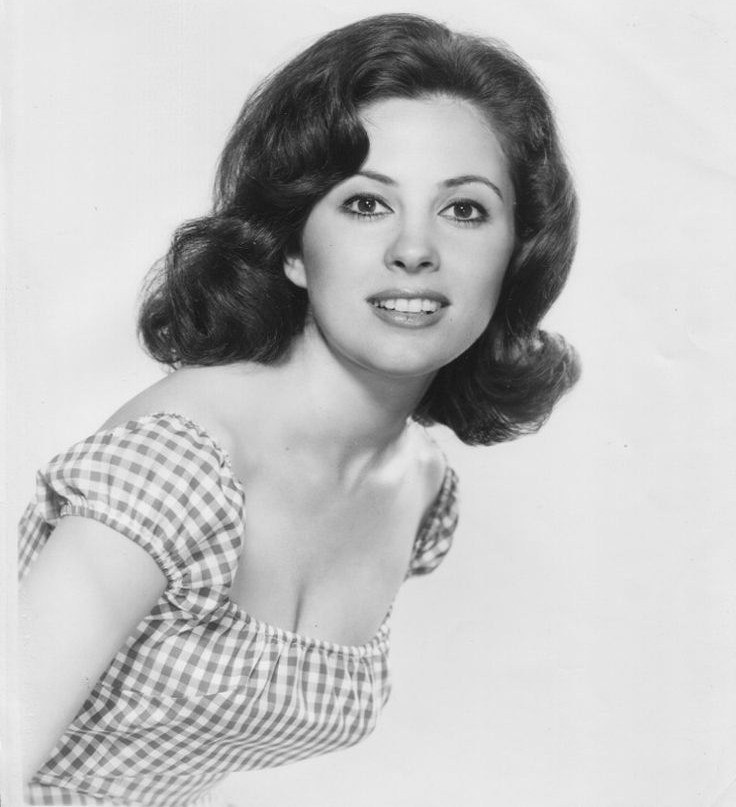
Her beauty didn’t shout. It whispered. It invited you in.
And her characters? They always carried a bit of melancholy. A sense of knowing. Like they’d seen more than they let on. Maybe because Barbara herself brought so much of her inner life into every role she played.
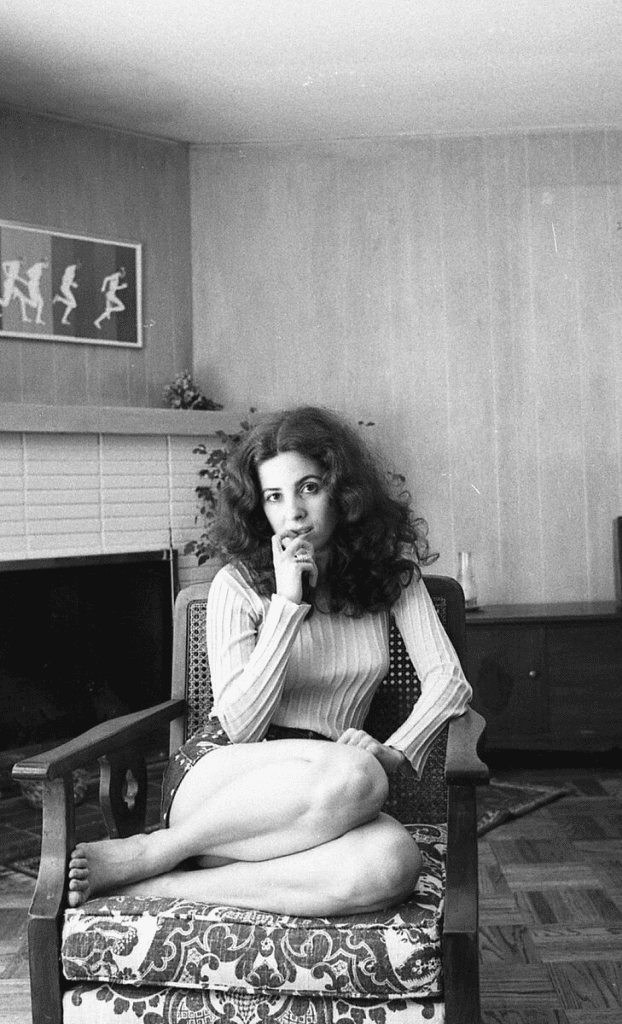
A Quiet Exit, a Loud Legacy
Barbara never chased the spotlight the way some do. After a string of notable film and TV appearances through the ‘70s and early ‘80s, she began to step back. And while she didn’t retire with a grand farewell tour or a string of late-career cameos, that absence only added to her legend.
She’s one of those rare actresses people still talk about in hushed, admiring tones. You hear phrases like “underrated,” “captivating,” “timeless.” And they all fit.
Video: Barbara Parkins
Because Barbara didn’t just entertain—she moved people. She made them feel. She made them remember.
Why We Still Think About Barbara Parkins Today
In an age of fast fame and even faster forgetfulness, Barbara Parkins is a reminder of what real star power looks like. It’s not just about red carpets or viral moments. It’s about presence.
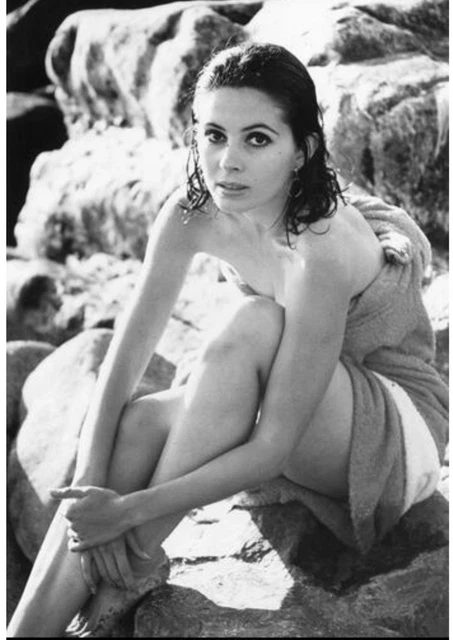
Her performances still hold up. Her style still inspires. And her quiet strength? It still resonates.
Whether it’s reruns of Peyton Place, a rewatch of Valley of the Dolls, or a vintage magazine cover featuring her graceful pose, Barbara Parkins still stirs something in us. She transports us. She reminds us of a time when elegance and emotion walked hand in hand.
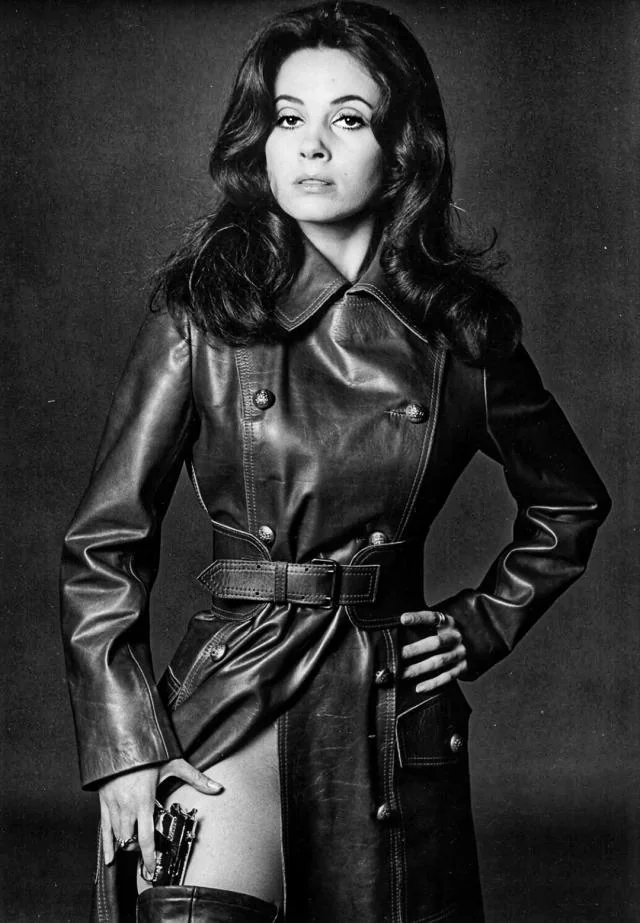
Conclusion: Barbara Parkins, The Quiet Icon That Endures
Barbara Parkins never needed to shout to be heard. She didn’t need scandal to stay in the headlines. She built her career on poise, talent, and a kind of soul-deep beauty that doesn’t fade.
She may not dominate modern pop culture chatter—but in the hearts of those who truly love film, truly appreciate classic performances, and truly see what makes an actor great—Barbara Parkins is royalty.
Her eyes still whisper secrets. Her roles still stir emotion. And her legacy? As unforgettable as the golden era she helped define.
